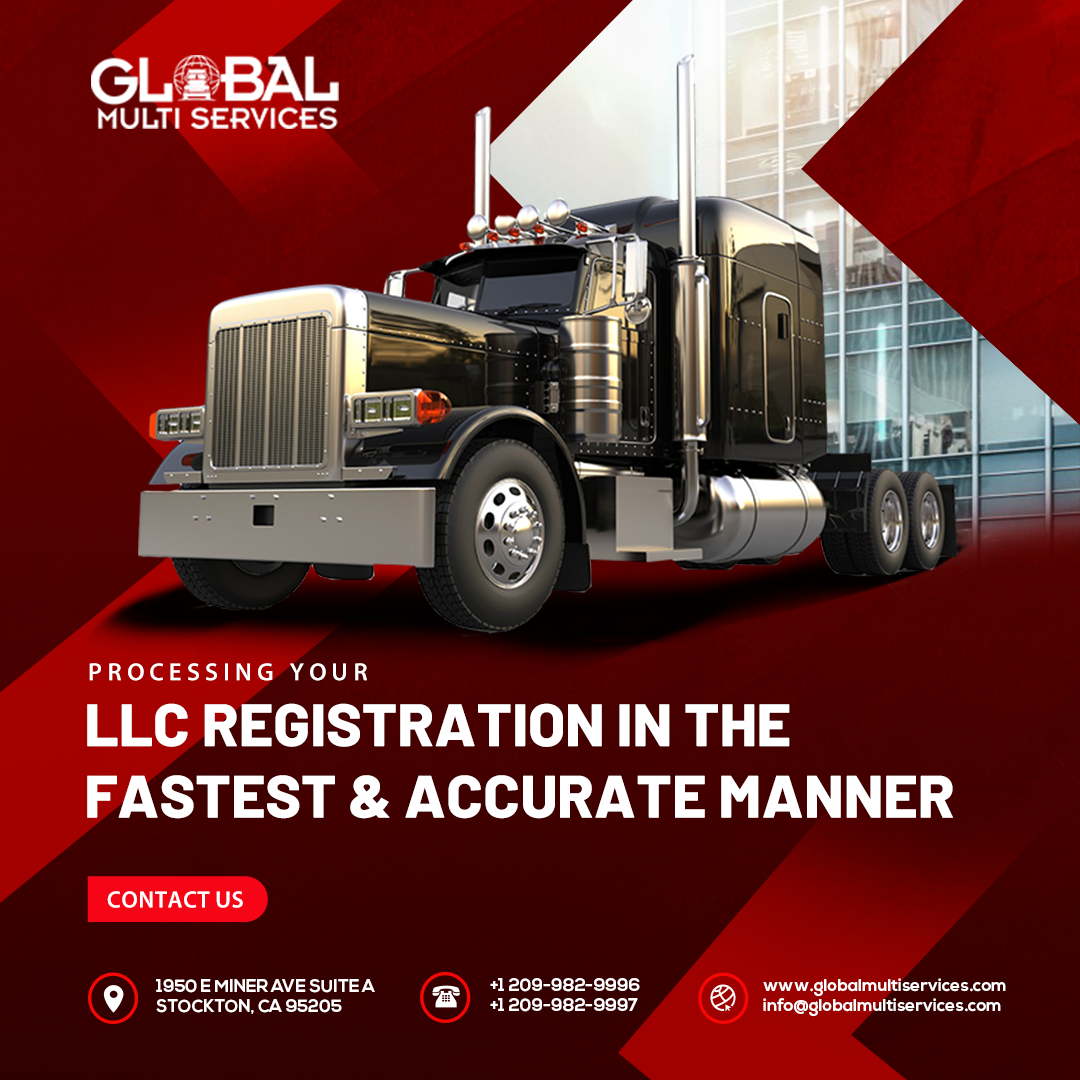December 15, 2021 0LLC FilingLLC Registration
The first decision to make before starting a new business is to choose an entity depending on how you want to run your business. Generally, most entrepreneurs either register as a corporation or process LLC Registration. Limited liability companies protect personal assets, provide ease of operation and tax flexibility. Read on as Global Multi Services takes us through what you need to know about LLC Registration.
WHAT IS A LIMITED LIABILITY COMPANY?
Limited Liability Company is a business entity where the members are not liable for the company’s debt or liabilities. It combines the features of a corporation, partnership, or sole proprietorship. The members file taxes, listing the profits and losses of the business on their tax returns.
LLC Registration requirements vary from one state to another, and anyone can be a member of the business entity. These include foreigners, other limited liability companies, corporations, and many more. LLC provides a more formal partnership, more flexibility, and protection. It is also easy to establish when compared to other entities.
HOW TO ESTABLISH A LIMITED LIABILITY COMPANY
Limited Liability Company is created by choosing a name, designating a registered agent, and filing articles of organization in your base state. The articles of organization contain the name and address of all the members, business statement of purpose in the base state, the right, duties, and other obligations of each member of the limited liability company.
ADVANTAGES Of LLC REGISTRATION
Tax Flexibility
Limited liability companies’ members choose how they want to be taxed. They are taxed like a corporation, a partnership, or a sole proprietorship. But most tax option s similar to a sole proprietorship. That means most of them file taxes listing the profits and losses on their tax returns. Many limited liability companies do not pay corporate tax. These help them to avoid double taxation.
Simple To Set Up
Limited liability companies are easy to set up compared to other business entities. They are generally under state law, and their requirements depend on the state it is being established. They also take less paperwork and are simple to manage. While some states require filing articles of organization with the Secretary of State in person and drafting of Operating Agreements, other states allow online filling.
DISADVANTAGES OF LLC REGISTRATION
Self-Employment Tax
Limited liability companies pay self-employment tax, and these taxes can sometimes be more than taxes paid by a corporation. The self-employment tax includes Social Security tax, medical tax, and many more.
Automatic Dissolution
Other members of a limited liability company’s liability are protected if one of them fails to meet its legal obligations. However, the automatic dissolution of the limited liability company gives creditors leverage to go after members. Death or withdrawal of a member without any succession can affect their operating agreement and structure. These can also lead to automatic dissolution.
Different State Law
The difference in state requirements and laws governing the establishment and operations of a limited liability company can affect its operation in multiple states. It can also lead to additional documentation and paperwork across different states.




